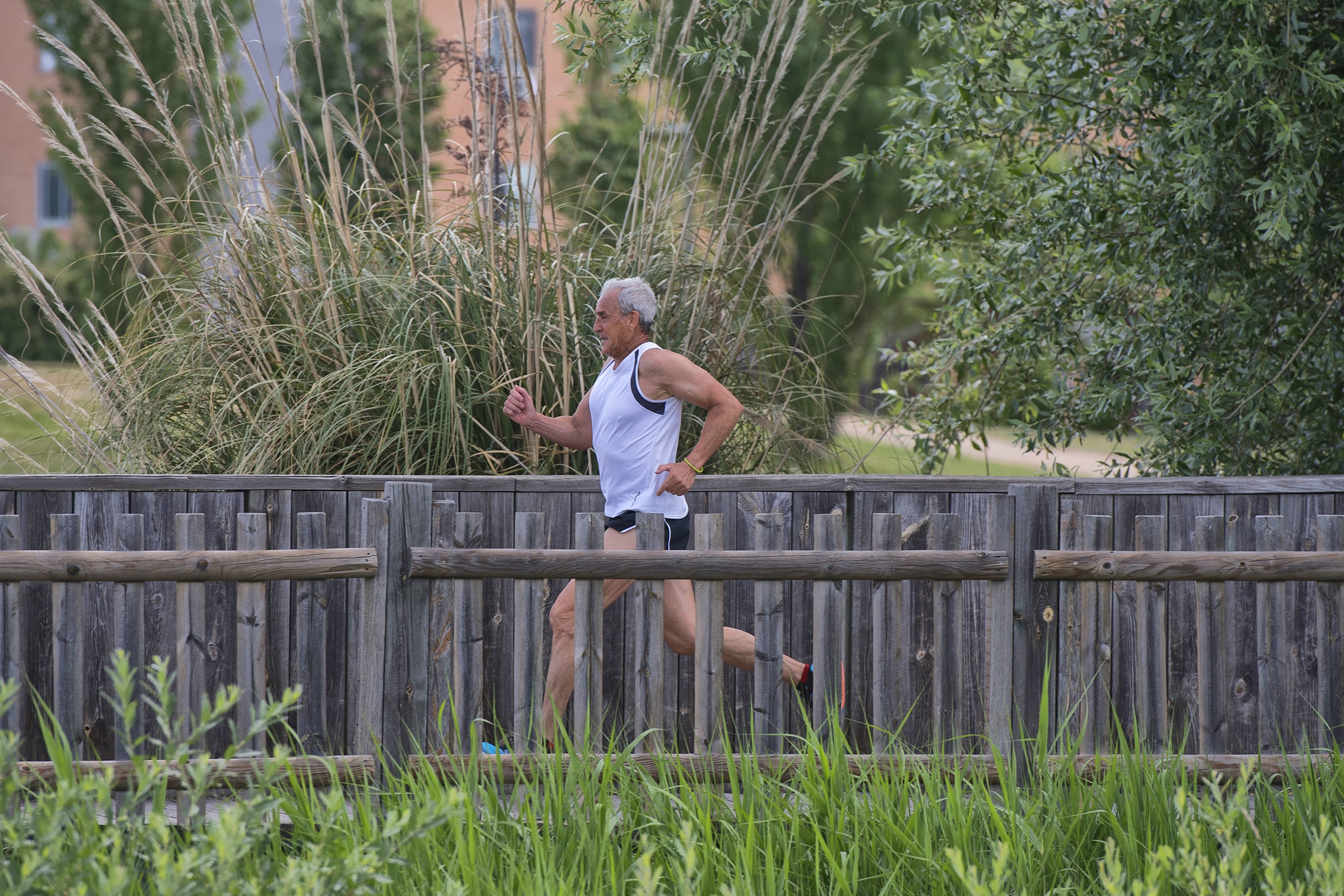While it may be true that currently you can’t turn back the clock on time, but it would appear as if it can be slowed down, as this study is suggestive that Americans are aging more slowly than they were 2 decades ago according to a study from University of Southern California and Yale University, who suggest that part of the gains in life expectancy may be due to a change in the rate of biological aging rather than keeping ailing people alive. Deceleration of the aging whether through biomedical or environmental intervention would push timing of aging related disability and disease incidence to closer to end of life.
Analyzing data from NHANES III and IV researchers investigated how biological age relative to chronological age has changed within the USA while taking into consideration factors and contributions of health behaviours. Calculation of biological age was determined using several indicators for inflammation, organ function, and metabolism, total cholesterol, hemoglobin levels, albumin, creatinine, alkaline phosphatase, C-reactive protein in blood, breath capacity data, and blood pressure.
Decreases in biological age were found to have occured in all age groups with results suggesting that not all people are faring the same. The greatest decreases were found to be experienced in older adults, men experienced greater declines than women; differences were partially explained by changes in medication used, smoking, and obesity according to the researchers.
Slowing the rate of aging increasing life expectancy carries important economic and social implications. Modification of health behaviours and use of prescription medications are suggested by this study to have had great impact on the health of the population. Extension of life without changing rate of aging can have detrimental implications, such as rising medical care costs with people spending more time living with disability and diseases; accomplishing life extension with decelerated aging process leads to more productivity, lower healthcare expenditures, and overall a greater well being.




